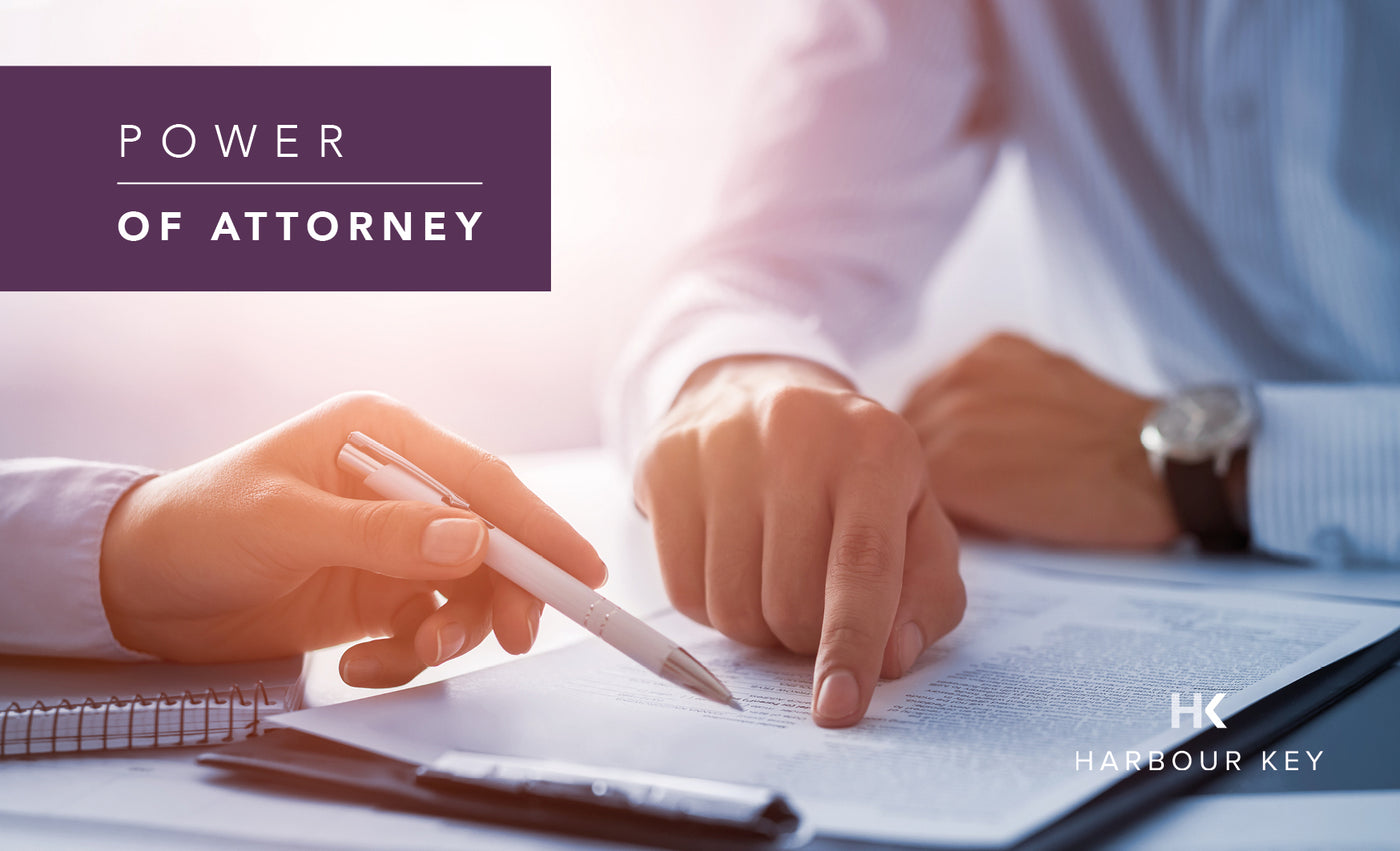
A Lasting Power of Attorney (LPA) is a legally binding document that grants someone you select the authority to make decisions on your behalf. While it can be utilised for personal assets, it is particularly crucial for business owners to contemplate as a means of safeguarding both themselves and their businesses.
Shareholders, partners, and sole traders all stand to gain from establishing a Lasting Power of Attorney (LPA). In the event that you, as a business owner, become incapacitated due to injury or illness, having someone capable of assuming responsibility for the operation and financial aspects of the business becomes crucial. Without such provisions, essential business operations may grind to a halt, potentially causing adverse financial repercussions for both the business owner's family and those who rely on the business for income.
Failing to designate an attorney can have severe consequences for any business. Without even a Financial Decisions Lasting Power of Attorney (LPA), which exclusively addresses business finances, anyone needing to manage assets on behalf of another person would be required to initiate a lengthy and costly process by applying to the Court of Protection to be appointed as their deputy. This process can take at least six months, potentially causing substantial disruption to a business.
The individual without capacity has no say in the court's choice of a deputy to oversee their assets and finances. For someone with business interests who is either unavailable or lacks mental capacity, this could mean an inability to fulfil crucial tasks such as paying staff and suppliers, finalising ongoing transactions, or engaging in new contracts.
By putting a LPA in place, a business owner can guarantee that someone who they trust and who understands their business personally and probably their family situation, will have the authority to oversee its day-to-day operations in the event the owner is without capacity to do so themselves.
Business Lasting Powers of Attorney (LPAs) can also offer significant benefits to business owners who frequently travel and encounter challenges in overseeing specific aspects of their business while abroad.
When designating an attorney, the individual entrusted with significant responsibilities, it is of utmost importance to select someone in whom you have complete trust and confidence that they can perform the tasks in a manner aligned with your wishes. For this reason, it might be advisable to appoint two attorneys: one to handle business matters, such as an accountant or a senior employee, and another for personal finances, like a family member.
Once in place, the business LPA will allow the attorney to manage the business when needed. It does not affect the owner’s right to continue managing as long as they are able and willing to do so. This form of LPA can be particularly beneficial for business owners who frequently travel overseas, as it can be utilised even when the owner still possesses capacity but is currently abroad.
Business LPAs should be the cornerstone of an effective business continuity plan. Regardless of health, all business owners should have a LPA in place in order to protect their business and family finances
Key issues to consider, as part of implementing the LPA:
- Check your governance documents
Before putting an LPA in place it’s important to make sure the provisions won’t conflict with any existing business agreements. For example, a partnership or shareholder agreement may already provide for the exclusion of a member in the event of permanent incapacity or a company’s articles of association may contain provisions requiring the removal of a director lacking mental capacity.
Certain provisions could potentially discriminate so it’s important to take advice before entering into these agreements.
- Suitability of attorneys
Selecting the appropriate business attorneys demands thoughtful deliberation regarding their relevant experience and skill set. Assessing whether they can effectively shoulder the responsibility and whether employees will embrace their new authority are crucial considerations. In many cases, it's prudent for "personal" assets, such as personal bank accounts and family property, to be overseen by family members, like a partner or adult children. However, entrusting them with the responsibility for business decisions may not be the most suitable choice.
Business LPA attorneys may need strategic and technical skills to step into a business owner’s shoes and appointing individuals with complementary experience can be important.
- Instructions and guidance for the attorneys
The document itself will need to be carefully designed, providing instructions and guidance in relation to the attorney’s role and powers. If you have more than one business interest you may need to make more than one Business LPA, each with its own tailored provisions.
Simultaneously with establishing a Lasting Power of Attorney (LPA), it is advisable to address your Will, whether you don't have one yet or need to review and update an existing one.



